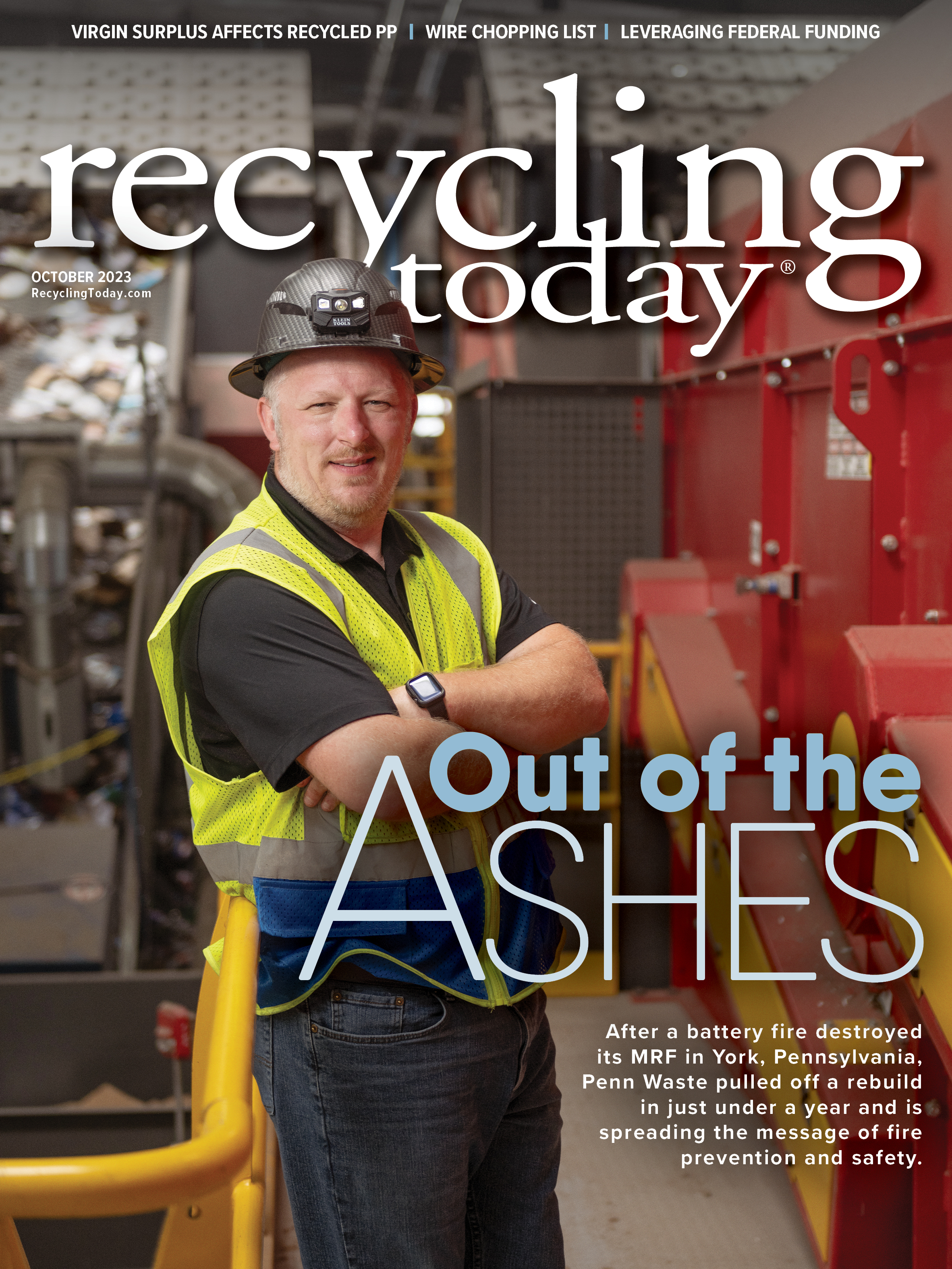

In the two years since launching RecycleOS for material recovery facilities (MRFs) and sorting sites, we have noticed a profound shift in how recyclers are taking advantage of artificial intelligence (AI). We launched our deep-learning AI models to identify recyclable objects in a fast-moving material stream so robotic arms could pick and sort.
Over time, our proprietary data set of recyclable objects grew to several billion where we could identify 40 classes and more than 100 subclasses with over 95 percent accuracy. In addition to programming the robotics, we now could digitize the recycling stream for our customers, such as turn physical objects on a conveyor into real-time data analyzing material composition, packaging type, size, volume, mass and other physical characteristics.
As recycling markets and policies are constantly changing, insight from this data is crucial for recyclers to stay ahead. Commodity pricing is volatile and swings based on many factors, and recyclers need to respond to these changes to capture the highest-value commodities at the lowest cost to maximize profits.
Changing policy landscape, especially ones driven by extended producer responsibility (EPR), also are imposing compliance risks to recyclers; they not only need to increase recovery but recover new packaging types and substantially increase audits and reporting. Most recyclers are not properly equipped to manage their operations through these changes.

RecycleOS offers insights and tools to MRFs and recyclers to excel in this landscape. Some of the most prevalent uses for RecycleOS are:
- Site monitoring. Recycling stream analysis to monitor key performance metrics like daily recovered value, value lost to landfill, and residue composition is used to assess operational efficiencies across shifts, sites and regions. Operators now can make data-driven decisions to track improvements.
- Line optimization. Knowing incoming and outgoing feeds at each conveyor and process can assess the operation’s health and optimize each step for maximum yield of the highest-value commodity on any given day. Equipment controls or SCADA systems can automatically be notified of necessary changes, and alerts/notifications can be set up to eliminate downtime.
- Compliance. As audit requirements increase, in-line auditing of infeed, quality control and residue lines is imperative. Converting what AI sees into verifiable reports on material composition, mass estimate and bale quality is crucial to keep up with increased compliance without manual intervention and downtime.
- Automation. As MRFs are challenged to recover new packaging types based on EPR accepted materials lists or increase recovery of existing packaging types, programmable robotics provide a novel way to keep up. RecycleOS AI needs to see only a few thousand objects before it can start to recognize and recover these items two- to three-times faster than manual sorting.
Staying ahead of market trends without major retrofits or facility changes is possible. EverestLabs is proud to partner with leading recycling companies in an effort to make recycling more sustainable and future-proof. Learn more by heading to our website here or reaching out at hello@everestlabs.ai, and take the first step.

Explore the October 2023 Issue
Check out more from this issue and find you next story to read.